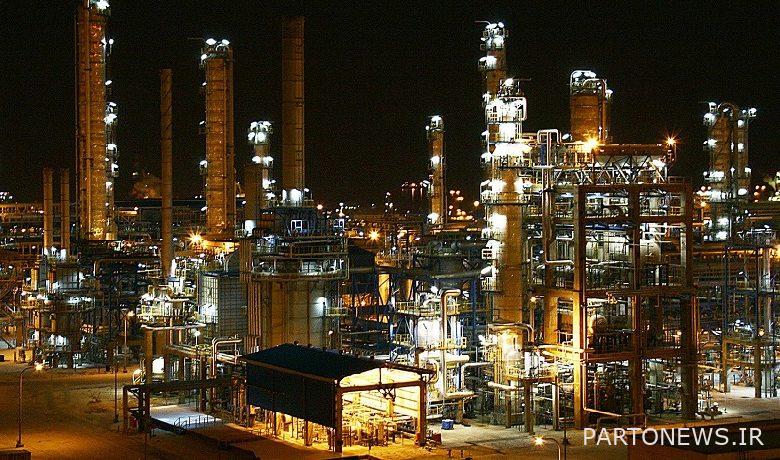Prescriptive pricing in the production and distribution chain; The bane of the petrochemical industry – Tejaratnews

According to Tejarat News, it was last week that the Governor General of the Central Bank in a letter to the Minister of Oil announced the exchange rate for the feed of petrochemicals and refineries in 1402 equal to 28 thousand 500 Tomans per dollar.
Based on this, the base exchange rate of petrochemical products transactions in the Commodity and Energy Exchange has been set equal to 28,500 Tomans.
Considering that petrochemical companies buy their feed at the price of 28,500 Tomans and can sell the final product at a higher price and competition, in the medium term we will witness the profitability of this industry.
On the other hand, some experts have a different opinion and say that this rate will harm the petrochemical industry in the long run due to inflation and the country’s economy. A member of the board of representatives of the Chamber of Commerce has explained to Tejarat News about these damages.
Destruction of the petrochemical industry as a result of mandated pricing
Ehsan Nasser, a member of the Board of Representatives of the Chamber of Commerce of Iran, regarding the effect of setting the rate of 28,500 tomans for calculating the supply rate of domestic products in the commodity exchange on the petrochemical industry, said: Considering that the costs related to the production of petrochemical products are affected by the current high inflation at the level is the country, the mandatory determination of the exchange rate resulting from the sale of the product has caused the inability to recover, rebuild and develop; This will lead to the destruction of the petrochemical industry in the long run.
He further stated: The government should not only pay attention to the irrational demands and the provision of short-term needs, but it is also obliged to provide the long-term national interests and prevent the wastage of the country’s capital.
Nasser continued: The petrochemical industry is one of the most profitable industries in Iran, and if the government interferes irrationally in this matter, the country’s income sources will face a crisis.
Referring to the damage of the mandated currency decision on the industries, Nasser said: You must keep in mind that the industries have many needs in order to maintain and continue their development, which in a minimal form can be called the guarantee of the survival of the industry.
A member of the Iranian Chamber of Deputies said: An important part of this process requires the supply of currency. When there is a huge difference between the real price of the currency (revenue) and the currency delivered to the government (preferred), without a doubt, we have led the industry to destruction.
The government’s insistence on repeating the failed preferential currency policy
Referring to the destructive effects of the preferential currency, the member of the board of the Lorestan Chamber of Commerce stated: Unfortunately, this experience (preferential rate) has been experienced in this country for nearly 40 years and in other factors, for nearly 60 years, and each time it has been followed by a big failure. It has and especially regarding the currency, apart from many damages to various industries, it has also caused currency jumps and has caused the country’s resources to be wasted! But it is very surprising that the same failed policy is experienced again.
He stated: During the periods of preferential currency payments, purchases from the commodity exchange have multiplied, the statistics of these purchases are available to the decision makers themselves, and if they do not hide, the secrets will be exposed because with this policy of emotional and false purchases (which politicians after some time) who found out the wrongness of the policy), buys the head from the free market at black prices.
Read more reports on the stock news page.

